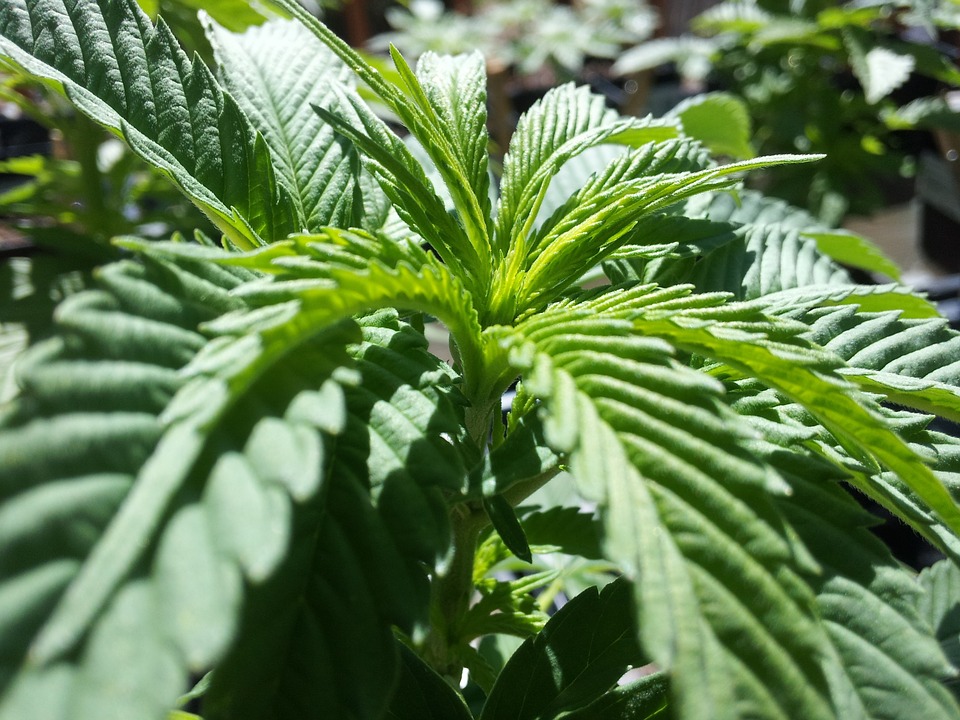
Out of all the excruciating conditions you suffer in daily life, migraines are prominent. Migraine attacks go beyond typical headaches and last anywhere from 4 to 48 hours, accompanied by nausea, vomiting and light sensitivity. While several medicines can help alleviate symptoms temporarily, they pose the risk of side effects. This is where CBD (Cannabidiol) may come into play. CBD can naturally treat many health conditions, including migraines, and improve the overall quality of life.
What Causes Migraines?
Migraines result from abnormal activity in the brain. While the exact cause of migraines is unknown, it is suspected that genetics may make someone more prone to triggers. Common migraine triggers include:
- Stress: Physical or mental stress can trigger the release of certain chemicals in the brain that affects blood vessels, leading to migraines.
- Certain Drinks: Alcohol or too many caffeinated drinks can shoot adenosine levels in the brain which triggers migraines.
- Hormonal Changes: Alterations in estrogen levels during the menstrual period, menopause and pregnancy can trigger migraines.
- Weather changes: The varying atmosphere, weather, and temperature can cause headaches leading to migraines.
- Certain Foods: Processed foods, aged cheese, and foods containing excessive nitrates can cause migraine attacks. So might fasting & skipping meals.
- Medications: Sleeping pills, contraceptives, and hormonal pills trigger chronic headaches leading to migraines.
How Can CBD Help You With Migraine?
CBD May Reduce the Frequency of Migraine Occurrence
Migraine attacks are highly unpredictable, and one may experience prodrome symptoms before marking the commencement of a migraine attack. These prodrome symptoms vary from person to person, but one may experience a change in mood, depression, inability to focus on work, etc. During this phase, one should take natural medications like CBD and avoid triggers that aggravate migraines. Interestingly, studies show that consuming medical marijuana can help reduce migraine frequency. So, you should relax, meditate and consume small portions of CBD for effective symptom management.
CBD Helps in Pain Management
Migraine & chronic pain go hand in hand. This neurological pain affects the left side of the brain and can last from several hours to days, hampering your overall quality of life. Here is where CBD comes in. Research suggests that CBD is effective in treating neuropathic pain. Moreover, CBD interacts with receptors to reduce neck pain by facilitating a better flow of nutrients and blood. So next time you experience any discomfort, don't hesitate to pop CBD gummies, which are tasty and effective. Check out the collection of CBD gummies and edibles at Herbonaut.
CBD as an Alternative to NSAIDs
One of the most common medications for dealing with migraine symptoms is NSAID drugs like ibuprofen. These medications help reduce inflammation and help decrease anxiety by calming the central nervous system. But, these medications come with a host of side effects like high blood pressure, heart attack & nausea. To avoid such consequences, one can swap their traditional ibuprofen with CBD, which helps block the COX-2 enzyme, similar to NSAIDs but without causing any addiction.
CBD For a Sound Sleep
Unlike common headaches, migraine headaches are intense & painful. It becomes challenging to have sound sleep. But as you are already on NSAIDs like ibuprofen, you cannot combine them with sleeping pills as it can react and cause immense side effects. Interestingly, studies suggest that CBD pills can act as a natural sleep enabler. CBD reacts with serotonin & GABA receptors in the brain and promotes relaxation and sleep.
CBD For Managing Headaches
Migraines induce a pulsing sensation on either side of the brain. This sensation results in immense pain and causes side effects like vomiting & nausea. Clinical studies in 2017 indicate that CBD oil can help cure these headaches, which, when left unattended, can augment into acute migraines. Moreover, people consuming CBD oil for migraines experienced additional benefits like the reduced intensity of headache and better overall symptom management.
How to Take CBD?
Edible: The most discreet way to consume CBD is with weed edibles. These come in various forms like truffles, mints, chocolate & gummies.
Sublingually: This method is faster than edibles. Sublingual methods include CBD tinctures, which are manufactured by mixing cannabis flower extracts in an alcohol base.
Topical: Those who like to apply CBD on the skin can go for this method. Topical delivery methods include CBD infused gel, balms, lotions, and transdermal patches.
Vaping & Smoking: It is by far the fastest method of CBD delivery as it gets absorbed into the bloodstream instantly. Dry herb vaporizers and vape pens are some ways to consume CBD.
Conclusion
CBD is a naturally derived hemp product that has astounding benefits. With every passing year, newer benefits are being discovered, and lawmakers are ameliorating existing cannabis laws for the betterment of humanity. All these health benefits and an absence of side effects make CBD a perfect choice for those suffering from migraines. Before starting, though, seek professional advice and gradually increase your CBD dosage until you experience the desired result.
You may also like
Can CBD Gummies Help Cure Headaches?
Brazil Takes a Leap Towards Medical Cannabis
Cannabis and Alzheimer’s: The Latest Evidence
Here's How Cannabis Can Help with PTSD and Insomnia
